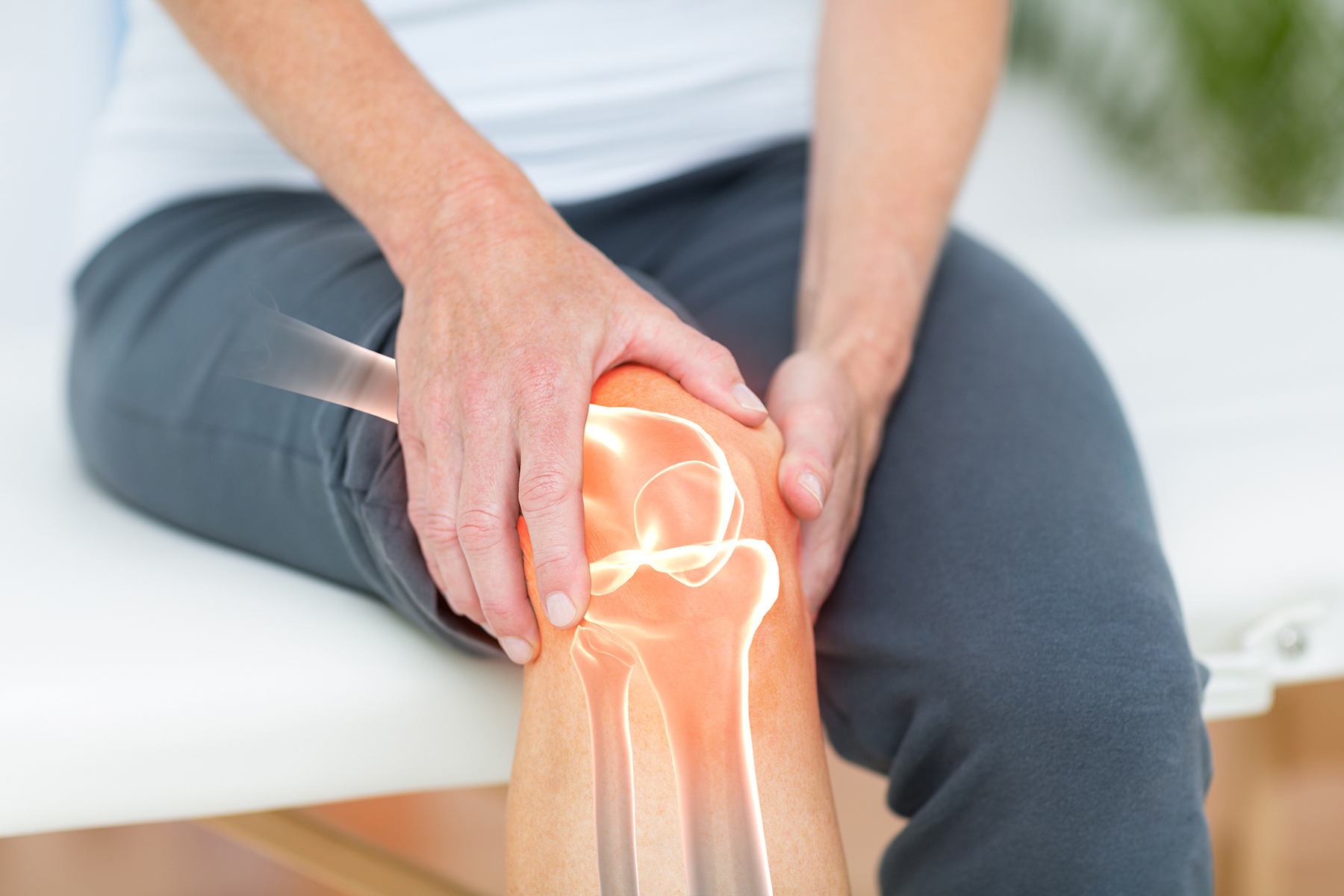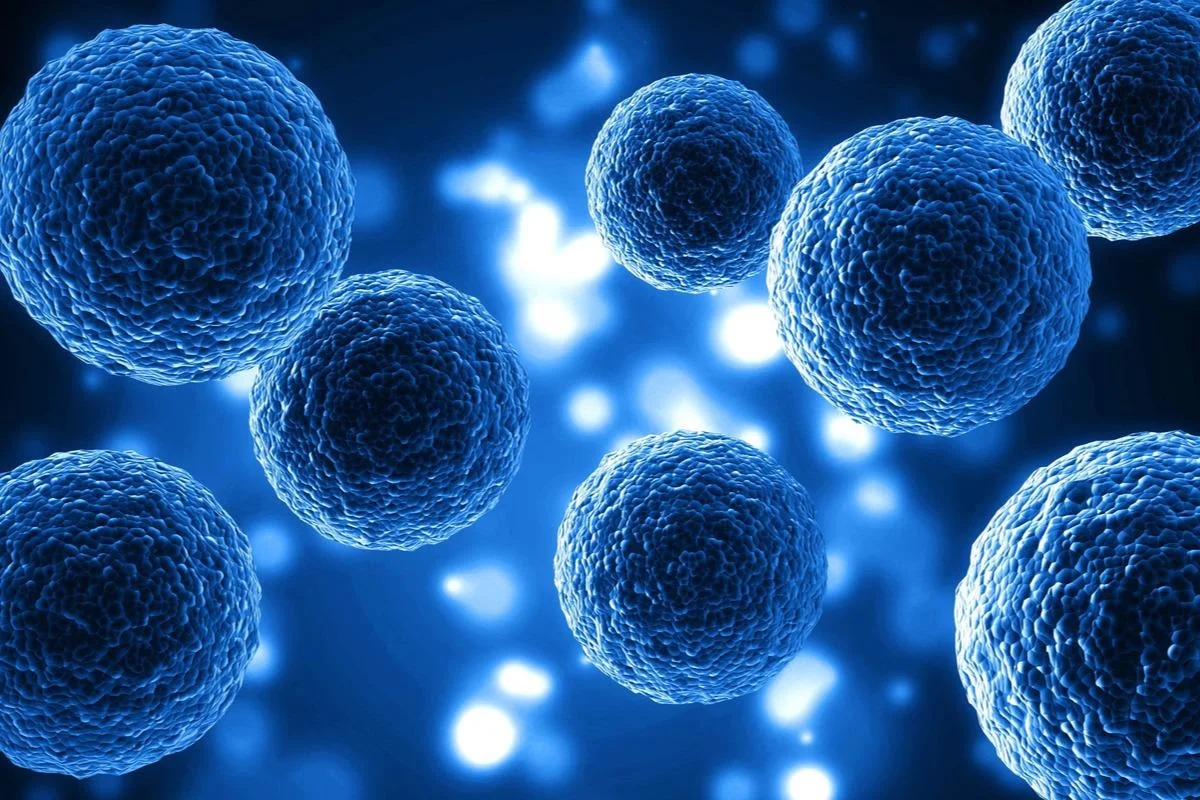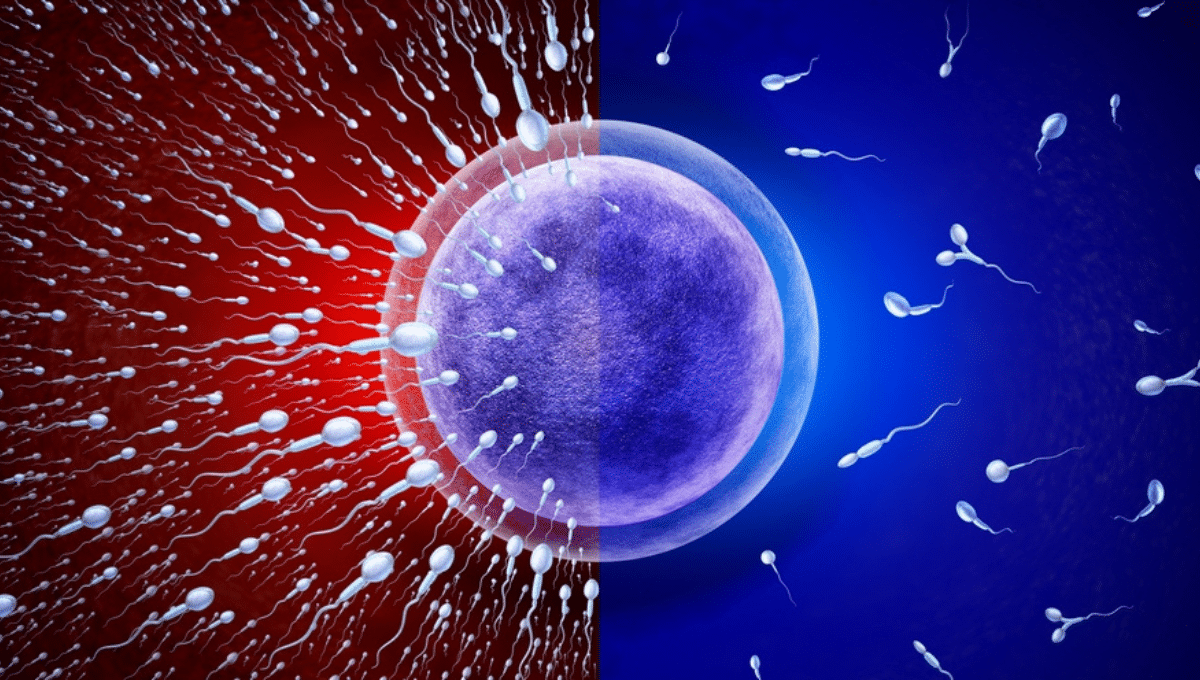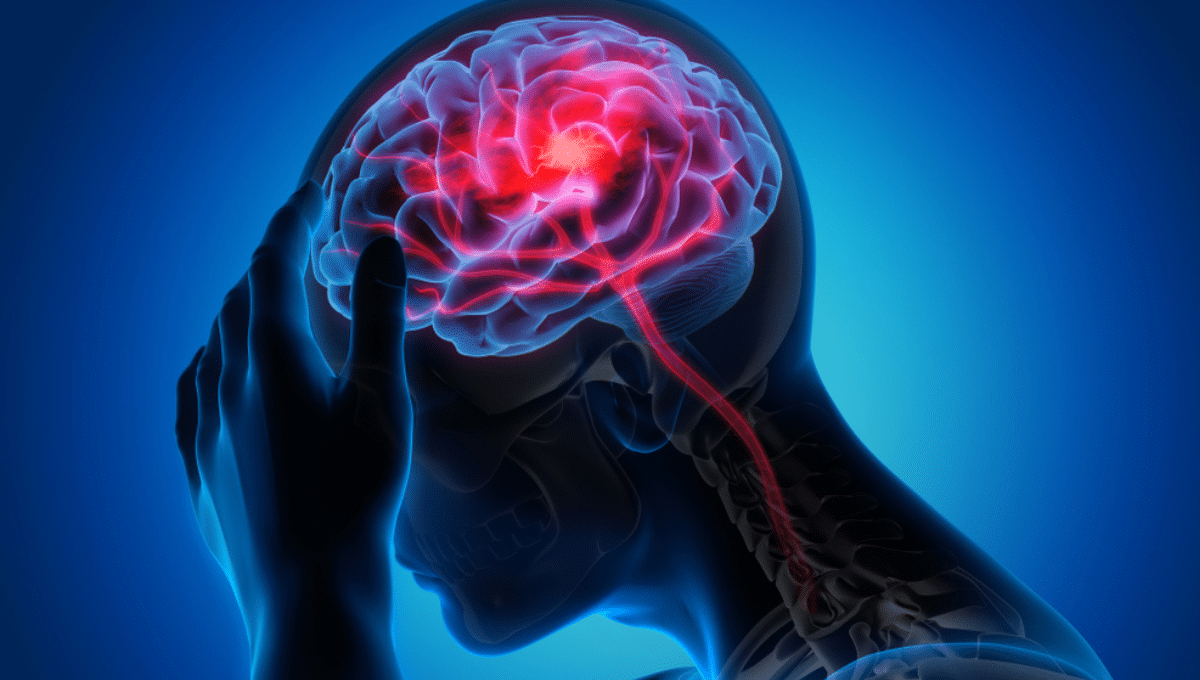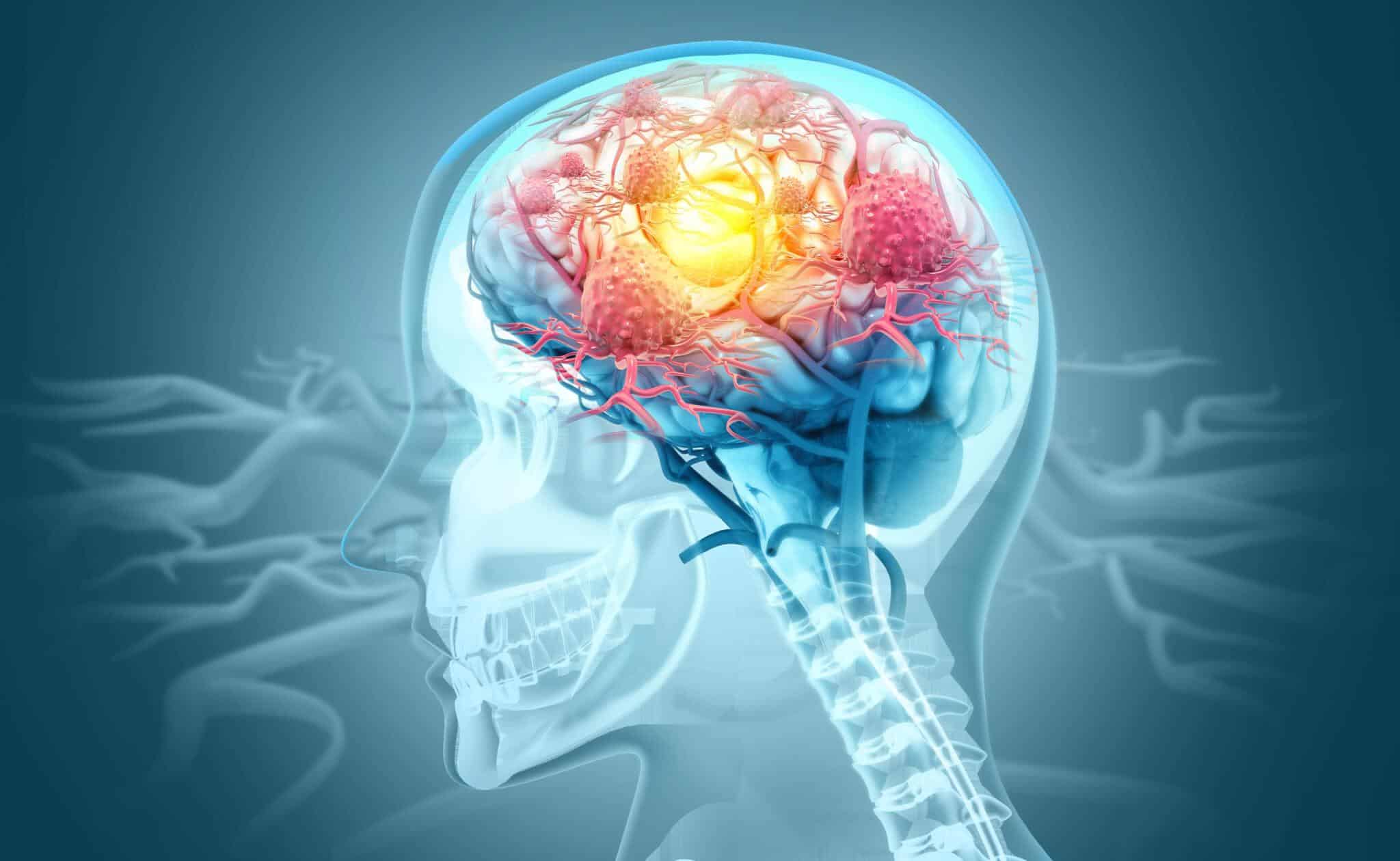- Home
- About Us
- Book Appointment
- Treatments
- Alzheimer’s Disease
- Anti-Aging
- Autism
- Autoimmune Disorders
- Back Pain
- COPD
- Crohns Disease And Ulcerative Colitis
- Erectile dysfunction and Penis enlargement
- Fibromyalgia
- Hip Pain
- Knee Pain
- Lupus
- Lyme Disease
- Multiple Sclerosis
- Muscular dystrophy
- Parkinsons Disease
- Peripheral And Diabetic Neuropathy
- Post Cancer Treatments
- Post Stroke Recovery
- Psoriasis
- Rheumatoid Arthritis
- Shoulder Pain
- Join The Club
- Aesthetics
- Blog
- Contact Us
Stem Cell Therapy For Autism
Autism is a neurological disorder, affecting one in 36 children in the United States, where the development of the child is significantly hampered. This condition manifests itself in impaired speech and non-verbal communication, challenges with learning and social interaction, and poor memory. Children with autism need special care and attention 24/7 to help them cope with their day-to-day activities. Studies suggest that cellular therapy or regenerative solutions for autism bring pathbreaking results. It regulates cell differentiation and promotes tissue repair. As a result, patients with autism experience significant improvements in their motor and sensory aspects. For autism recovery in Mexico with stem cells, book a free consultation with our stem cell specialists today.
Know More About Autism
Our Mexican clinic offers stem cell therapy for Autism. Learn everything about the disease, its symptoms, causes, diagnosis, benefits of stem cell treatment, procedure, and cost.
Autism, also referred to as Autism Spectrum Disorder (ASD), is a group of neurodevelopmental disorders seen in children and is generally characterized by abnormalities in speech and social interactions. The condition generally surfaces in children or infants between 2 years to 4 years where the children face difficulty understanding simple things, emotions, and expressions. It is a congenital (by birth) neurobiological condition that inhibits the proper functioning of the brain and the nervous system, causing difficulty in understanding behavior, emotions, and social interactions and simultaneously, responding to them.
In general, there are five neurological and developmental disorders or conditions that fall under the definition of Autism Spectrum Disorder. These are –
- Autism
- Asperger’s Syndrome
- Attention deficit hyperactivity disorder (ADHD)
- Childhood disintegrative disorder (CDD), and
- Pervasive developmental disorders (PDD)
Autistic children are often seen facing problems in perceiving basic things and require a modified approach to teach them everyday activities and help them with their academic growth. In most cases, they are dependent on caregivers for their daily routine activities because of their lack of ability to understand and perceive the world around them.
The earliest signs or symptoms of Autism that are noticeable in autistic children are a lack of responsiveness with limited or no eye contact. There are no engaging or joyful expressions that are generally seen in normal children in the age group of 2-4 years. In the later years, the symptoms are more like a regression of cognitive and social milestones which determine the child’s overall mental development. Common symptoms of Autism Spectrum Disorder (ASD) include –
- Lack of response to own name
- Impaired communication skills like poor eye contact
- Lack, regression, or delay of speech development
- Occasional communication via gestures
- Poor social interaction and behavioral patterns
- Extreme restlessness with a poor attention span
- Repetitive or stereotypical gestures or movements (e.g., hand flapping, running in circles)
- Unusual expressions and sensitivities
- Excessive attachment to material objects with reduced human connections
- Sudden expression of loud, meaningless sounds
- Sensitivity to external loud noises causing sensory discomfort
- Aggressive behavior towards others (e.g., biting, scratching, pulling hair, throwing objects)
- Pica – appetite for inedible and non-nutritive items (e.g., chalk, paper, sand, paint, dirt)
The cause of Autism cannot be attributed to a single cause because there are various factors responsible for this life-long mental health condition, resulting in structural and functional damage to the brain.
- Genetic factor – Alterations in the gene structure or gene mutation can cause abnormal brain development and consequently, autistic features in the newborn.
- Perinatal complications – Serious complications during pregnancy, especially in the first three months can be responsible for autism. Insufficient nutrient intake, maternal bleeding, presence of meconium in the amniotic fluid, etc. are some of the cases of severe complications leading to the birth of an autistic child.
- Environmental factors – Mercury poisoning, and exposure to harmful radiations and toxins can become the cause of autism.
- Medicine side effects – Intake of certain strong medications by the mother increases the risk of autism in the child.
- Mental stress – Overstress and anxiety impact a mother’s health and hinder the proper growth and development of the baby’s brain and cognitive functions.
It is crucial for you to understand that no specific individual or event bears responsibility for a child’s diagnosis of autism. However, investing in the care and treatment of the child can be a significant move in supporting those with autism. The risk factors associated with the causes of autism include:
- A family history of autism
- Age of the parents at the time of conception
- Metabolic imbalances
- Low birth weight of the child
- Recurrent infections during infancy or gestation
- Intrauterine exposure to medications, such as antiepileptics, etc.
Autism diagnosis relies predominantly on clinical observations, objective symptoms, and behaviors. Rightly categorized as a ‘Spectrum’, Autism Spectrum Disorders can vary with a diverse range of symptoms, starting from intellectual delays to lack of social interactions. Consequently, the diagnostic process for Autism involves assessing the three factors that lead to motor and cognitive impairment. These are challenges in social interaction, communication, and restricted or repetitive behaviors or interests.
During a screening test, the pediatrician will assess your child for potential issues related to eye contact, response to their name, interaction skills, ability to convey needs, ask questions, and comprehend commands. If your child has developed speech, the pediatrician will inquire about the presence of an unusual tone of voice and sensitivity to external stimuli like loud noises, bright lights, or sudden touches. All these would help a doctor determine the child’s intellectual ability, language skills, and cognitive levels and confirm whether it’s a case of autism.
While there is no definitive ‘cure’ for Autism, stem cell interventions exist to offer assistance and support to both children and parents. Furthermore, there is enough evidence supporting the efficacy of using human umbilical cord tissue-derived mesenchymal stem cells (HUCT-MSCs) in therapy as a potential treatment for autism.
Mesenchymal stem cells (MSCs) alleviate the severity of autism by promoting the activation of regulated chemokines. Administered intravenously, these cells contribute to the reduction of neuroinflammation and the alleviation of symptoms associated with autism. Other incredible benefits that HUCT-MSCs offer in the treatment of autism are –
- Since HUCT-MSCs are rich in immunosuppressive and immunomodulatory properties, They are safe for use in any patient without adverse effects.
- There is no need for Human Leukocyte Antigen (HLA) matching because they are fresh cells collected from umbilical cord blood.
- They are superior to autologous adult stem cells and have quick regenerative capabilities.
- Umbilical cord blood is rich in ‘effector cells,’ along with significant amounts of mesenchymal and hematopoietic stem cells. These components play a crucial role in suppressing inflammation and influencing alterations in brain connectivity.
- These stem cells facilitate the restoration of structural connectivity in the neural networks of the brain, addressing disruptions caused by autism.
- These stem cells can be administered multiple times within a few days.
- There is no need for adult stem cell extraction for the patient’s hip bone or fat.
- The recovery time is faster.
After you have made the decision to get stem cell therapy for your child in our Mexico autism treatment center, you will be informed about the date and number of days required to complete the process by our representative. You will also be asked to submit a patient application form containing all the symptoms, medical history, family history, and other details of the child so that we can understand your child’s condition better, prepare a tailored treatment protocol, and discuss the same with you in depth.
The treatment length generally ranges from 5 to 6 days and the administration of human umbilical cord tissue-derived stem cells (HUCT-MSCs) is done through intravenous infusions throughout treatment. You need to understand that every child is different and their condition for autism can vary and so, the treatment protocol may slightly differ from the recommended protocol. Rest assured, we will inform you about the procedure in detail once our medical experts approve your child’s case and you have submitted all the requested medical information.
Stem cell intervention is one of the breakthrough therapies for autism in Mexico provided in our institute. Clinical trials and studies show that HUCT-MSCs reduce the symptoms or severity of Autism Spectrum Disorders (ASD) by stimulating the production of anti-inflammatory chemokines. Stem cell administration reduces neuroinflammation and increases the T-regulatory cells. The improvements that are mainly noticeable in children after stem cell treatment are –
- Improvement in verbal communication, listening ability, and compulsive motor behavior
- Decreases aggression and hyperactivity in the child’s behavior
- Better patience and behavioral control in patients
- Boost in the immune system of the child
- Psychological confidence
- Cognitive improvements
- Increases focus and attention span
- Improve digestion and gastrointestinal functioning
- Improve in eye contact (a more friendly eye contact)
- Reduction in anxiety and strange behavior towards strangers, unfamiliar places, loud environments, and bright light
- Improvement in sleeping patterns
At Life Altering Stem Cell Therapy Institute, our primary goal is to alleviate symptoms of autism and help in the brain development of the child. With our personalized treatment protocol, we promise to prepare a child for independent adult life by developing their communication skills, speech, and learning capabilities.
With the administration of umbilical cord tissue-derived stem cells, the flow of blood and oxygen in the brain improves, the damaged neurons are replaced, and there is a formation of neuron connection between the muscles and neurons. As a consequence, patients can experience major improvements in motor skills, learning abilities, and self-care capabilities.
The treatment at our Mexico-based autism therapy center for stem cells is extremely safe, painless, and minimally invasive. Our extensive experience, holistic care, and top-class facilities ensure that your child’s stem cell treatment experience is a comfortable and pleasant one.
The cost of stem cell therapy for autism is largely dependent on your child’s condition and how long the treatment process will take. Additionally, our treatment covers a well-rounded approach which includes pre-treatment investigations, treatment, and post-treatment follow-up. The other factors that determine the total cost of stem cell therapy are –
- Your child’s current condition
- Past or pre-existing medical conditions
- Type of stem cell treatment
- Number of stem cells required
For a more detailed and accurate cost estimate, you can directly contact your representatives.
After the treatment is completed, we will follow up regularly to know how your child is improving. We will connect you with them at regular intervals to track progress after the treatment and if your child needs any additional assistance or care from our end.
The follow-up sessions are conducted after 1 month, 3 months, 6 months, and 1 year, for monitoring the child’s progress. It will also give you the scope to share all your concerns with us, ask questions, and share feedback. This way we can enhance our service quality and treatment facilities.
Medical Research And Articles
Know everything about stem cells and the recent advancements in the field of stem cell research in our latest articles.
Frequently Asked Questions
Below are the answers to some of the common questions raised by our patients regarding stem cell therapy for Autism in Mexico.
How can I know if my child is eligible for stem cell treatment for Autism?
Once you apply for stem cell therapy by submitting an online application form, our medical experts will review your child’s medical history, current condition, and health status to know if he or she is eligible for treatment. If they approve for Autism treatment, we will let you know and also schedule the treatment plan.
How successful is stem cell treatment for my Autistic child?
Studies indicate that 91% of the children getting treatment for autism have shown major clinical improvements. In most cases, patients have been observed to have shown improvements in eye contact, reduction in aggressive behavior and hyperactivity, and improvements in social and communication skills. But you need to know that the success of stem cell therapy is proportional to the severity of the child’s condition, pre-existing disorder, or past ailments.
Will my child reject human umbilical cord tissue-derived mesenchymal stem cells (HUCT-MSCs)?
No, since umbilical cord-derived stem cells are new or fresh mesenchymal stem cells collected from the umbilical cord of newborn babies after healthy births, these cells have no chance of rejection. Your child’s immune system will be unable to recognize these cells as foreign.
What are the most prominent developmental characteristics of Autism for early diagnosis?
The warning signs that a parent should pay attention to in their child for autism are a lack of social gestures in the first 12 months, followed by delayed movement skills, language skills, and cognitive impairment.





